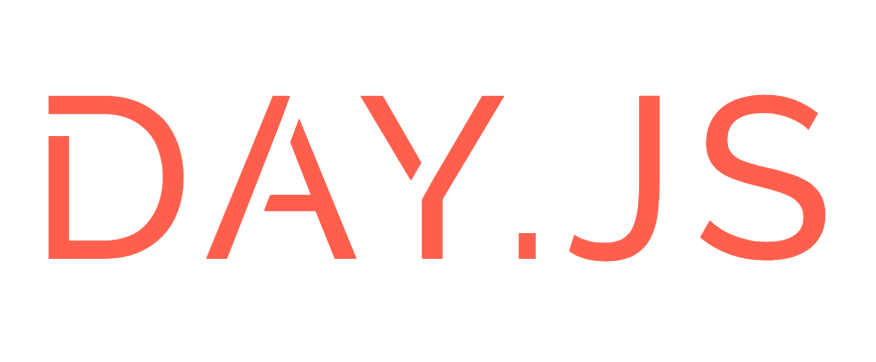Size and Performance
- dayjs: Day.js is extremely lightweight, with a size of around 2KB, making it one of the fastest date libraries available, ideal for performance-sensitive applications.
- date-fns: Date-fns is modular, allowing you to import only the functions you need, which keeps the bundle size minimal and enhances performance, especially in large applications.
- moment: Moment.js is the largest among these libraries, and while it offers comprehensive features, its size can lead to performance issues in modern applications.
- luxon: Luxon is larger than some alternatives but offers extensive features, making it suitable for applications where rich date handling is necessary, though it may impact performance slightly.
- date-fns-tz: Date-fns-tz adds minimal overhead to date-fns while providing essential time zone functionalities, ensuring performance remains a priority.
- @js-temporal/polyfill: @js-temporal/polyfill is designed to be lightweight and efficient, providing a modern API without unnecessary overhead, making it suitable for performance-critical applications.
Time Zone Handling
- dayjs: Day.js has a timezone plugin that allows for basic time zone handling, but it may not be as robust as dedicated libraries like date-fns-tz or Luxon.
- date-fns: Date-fns does not natively support time zones, but can be extended with date-fns-tz for time zone handling, providing flexibility depending on project needs.
- moment: Moment.js has built-in support for time zones through the moment-timezone package, making it a comprehensive solution for applications that need extensive time zone functionalities.
- luxon: Luxon excels in time zone handling, providing built-in support for time zones and localization, making it a strong choice for applications requiring advanced date-time features.
- date-fns-tz: Date-fns-tz is specifically designed for time zone support, enabling accurate conversions and manipulations, making it essential for applications dealing with multiple time zones.
- @js-temporal/polyfill: @js-temporal/polyfill supports time zones through the Temporal API, allowing for precise and flexible date-time manipulations across different zones, making it ideal for global applications.
API Design and Usability
- dayjs: Day.js mimics the Moment.js API, making it easy for developers transitioning from Moment.js to adopt it without a steep learning curve, while still being lightweight and efficient.
- date-fns: Date-fns provides a functional programming style, which can be more intuitive for developers who prefer a modular approach, allowing for easy chaining of functions.
- moment: Moment.js has a straightforward API that is widely recognized and used, but its size and complexity can be overwhelming for new developers.
- luxon: Luxon's API is rich and expressive, providing a clear and powerful way to handle dates and times, though it may require some learning for those used to simpler libraries.
- date-fns-tz: Date-fns-tz extends the date-fns API seamlessly, making it easy to integrate time zone functionalities without altering the familiar date-fns usage patterns.
- @js-temporal/polyfill: @js-temporal/polyfill offers a modern API that is intuitive and easy to use, aligning with the latest JavaScript standards, making it user-friendly for developers familiar with ES6+ features.
Localization and Internationalization
- dayjs: Day.js supports localization through plugins, allowing for date formatting in various languages, although it may require additional setup compared to Luxon or Moment.js.
- date-fns: Date-fns provides localization support through its functions, allowing developers to format dates according to different locales, which is essential for global applications.
- moment: Moment.js offers extensive localization support, allowing developers to format dates in multiple languages, making it a good choice for applications that need to cater to diverse user bases.
- luxon: Luxon has built-in support for localization and internationalization, making it easy to format dates and times according to different cultural norms, which is crucial for global applications.
- date-fns-tz: Date-fns-tz inherits localization capabilities from date-fns, ensuring that time zone conversions respect local formats and conventions.
- @js-temporal/polyfill: @js-temporal/polyfill supports localization through the Temporal API, allowing for easy formatting and manipulation of dates in various locales, making it suitable for international applications.
Maintenance and Community Support
- dayjs: Day.js has a strong community and is actively maintained, ensuring that it stays relevant and updated with new features while keeping its lightweight nature.
- date-fns: Date-fns is actively maintained with a growing community, providing regular updates and improvements, making it a reliable choice for new projects.
- moment: Moment.js is in maintenance mode, meaning no new features will be added, which could be a concern for future-proofing applications, though it still has a large user base and extensive documentation.
- luxon: Luxon is actively maintained by a dedicated team, ensuring it receives regular updates and improvements, making it a reliable choice for applications requiring advanced date handling.
- date-fns-tz: Date-fns-tz is maintained alongside date-fns, ensuring compatibility and updates, making it a solid choice for projects needing time zone support.
- @js-temporal/polyfill: @js-temporal/polyfill is actively maintained as part of the ECMAScript proposal, ensuring it stays updated with modern JavaScript standards and practices.












